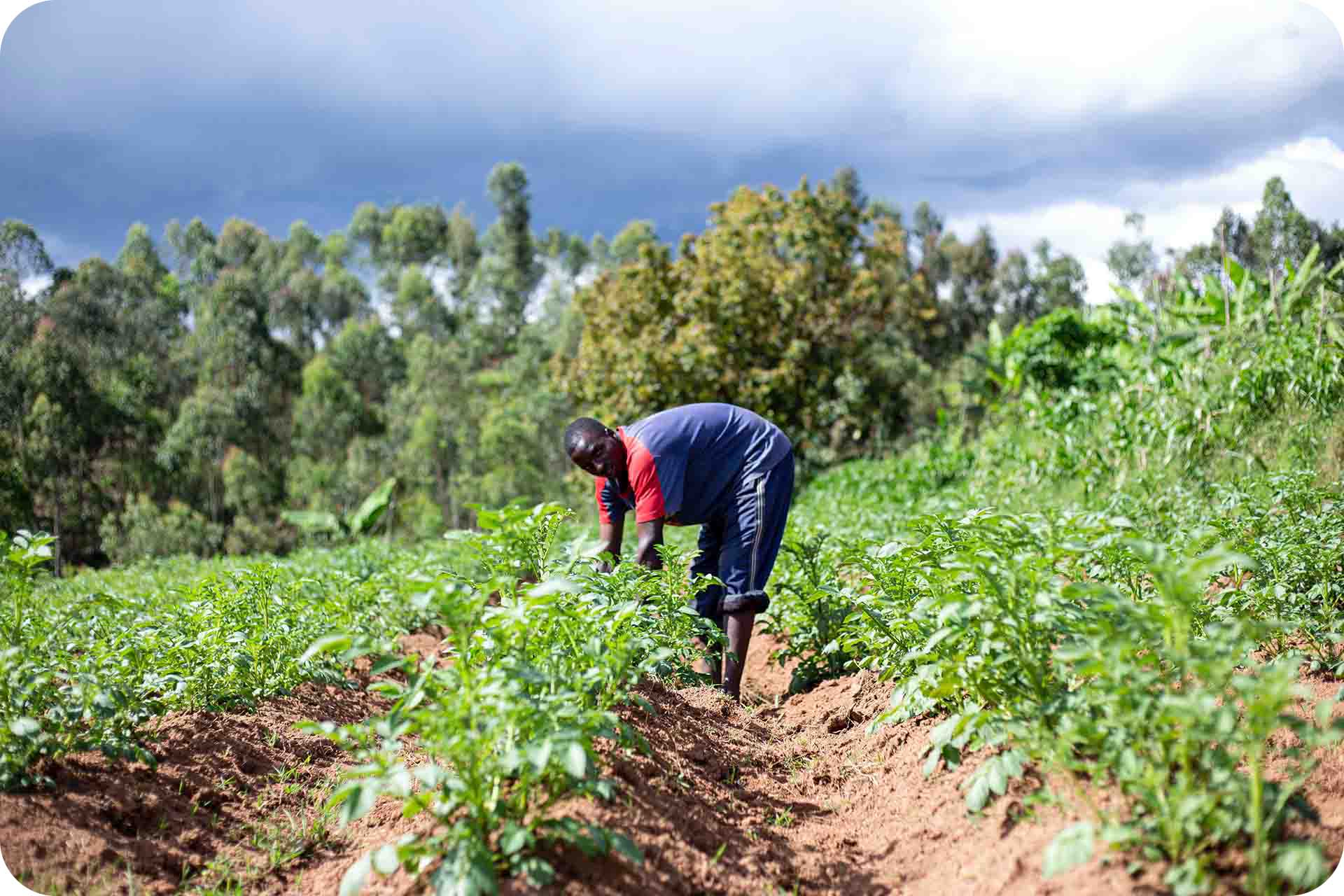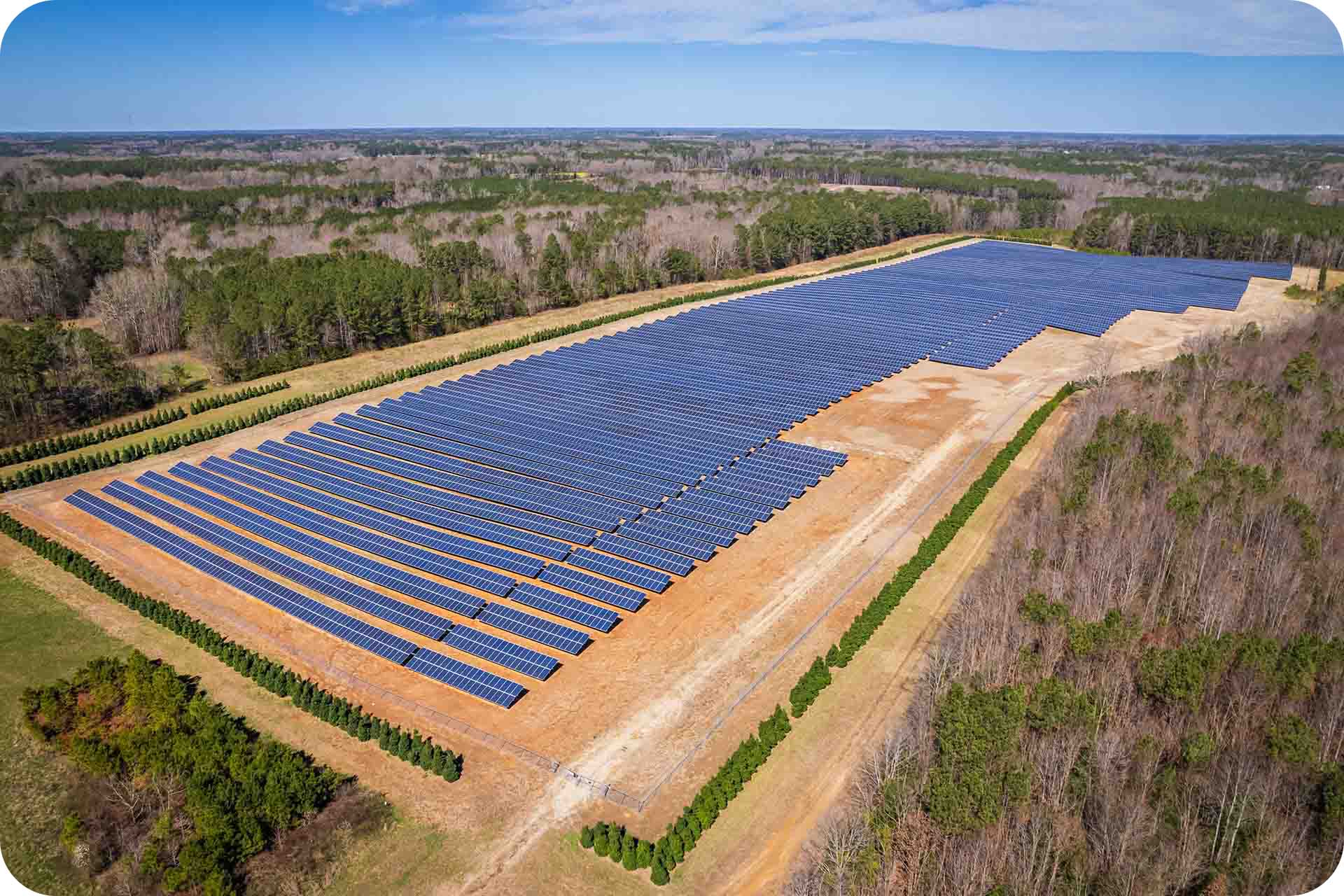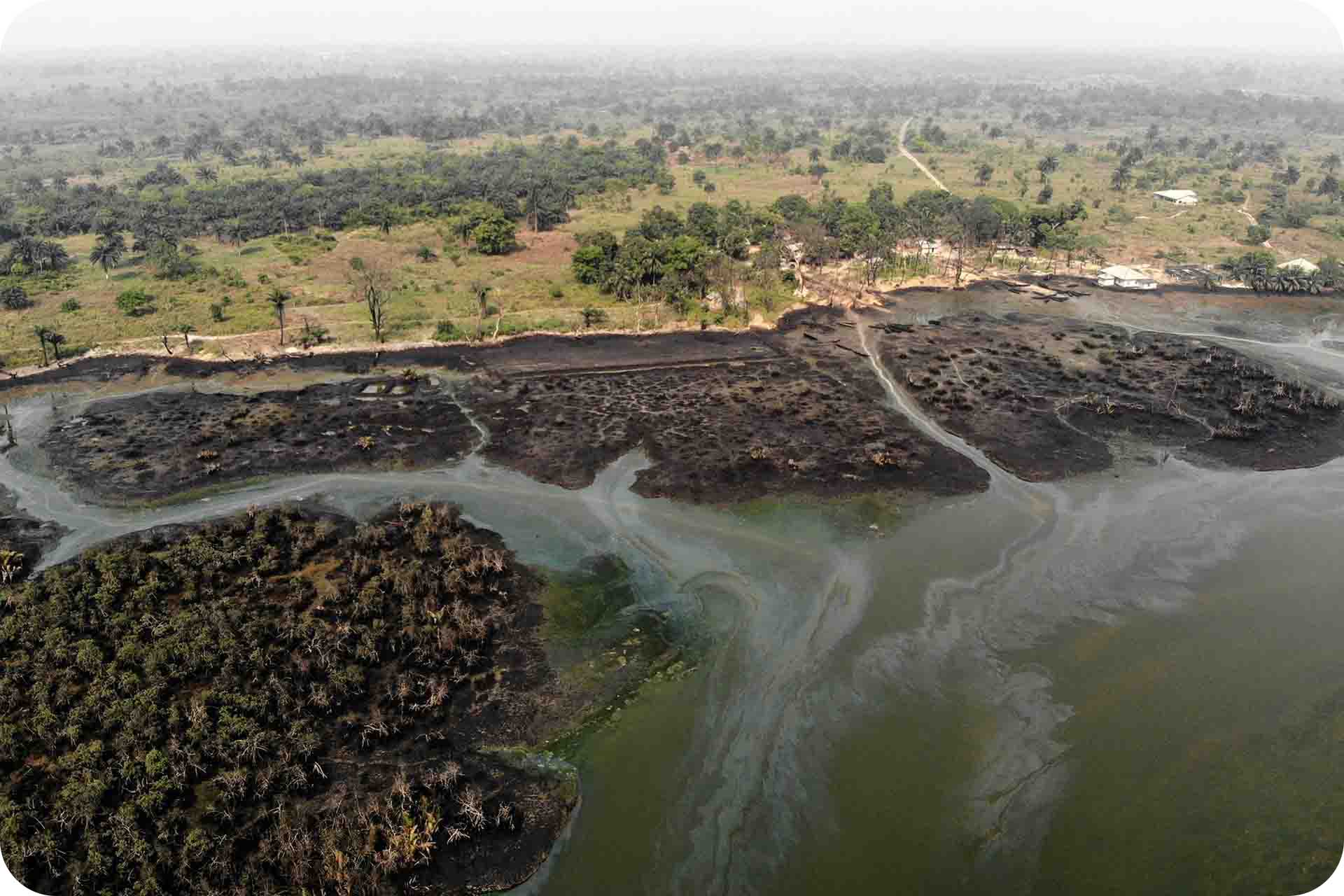Summary
The capital and eighth-most populous city in Nigeria is Abuja. It is a planned city located in the Federal Capital Territory (FCT) in the middle of the nation. International Planning Associates’ master plan served as the foundation for construction, which took place primarily in the 1980s (IPA).
The Abuja Reforestation Project restores degraded land through reforestation in collaboration with regional communities. The remaining half of the project area is harvested sustainably for use as a natural building material, with the remaining 58% of the project area being devoted to conservation.
How it works
Trees are a very efficient and self-growing way to capture and store carbon. They absorb and break down CO2, store it in their biomass as they grow, and release oxygen back into the atmosphere for us to breathe by using photosynthesis.
This project sequesters carbon through extensive afforestation. As new trees grow in their place to absorb even more CO2, trees that have been cut down for building materials continue to store carbon. Furthermore, building with sustainable wood eliminates the need for concrete and steel, both of which have high emissions.
Why we chose it
This project was chosen because it effectively sequesters carbon and has a significant positive impact on the neighbourhood. Village council members meet in the neighbourhood to decide how to best use the 15% of the revenue that is distributed there.
The community is able to provide opportunities for families in this remote area and make sure that planting trees is truly beneficial for everyone by building maternity wards, wells, and schools. This will contribute to global reforestation efforts, restoring lost forests, repairing damaged ecosystems and mitigating climate changes.
The Location
This initiative will help Abuja reverse the effects of climate change. Because, according to a study by the Nigerian Meteorological Agency and the Atmospheric Science Group of Imo State University, the average maximum temperature trended downward between 1993 and 2013, but the average minimum and mean temperatures trended upward.
$0.65
15000 in stock
15000 in stock










